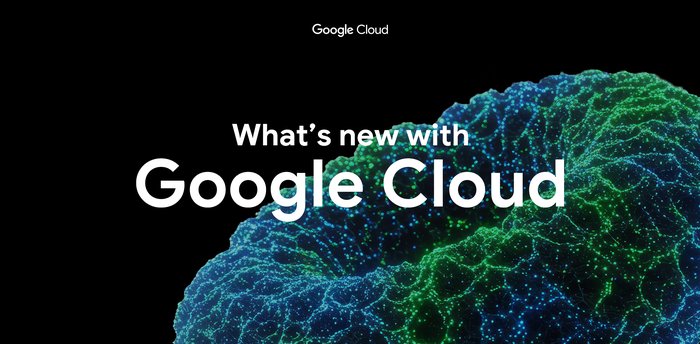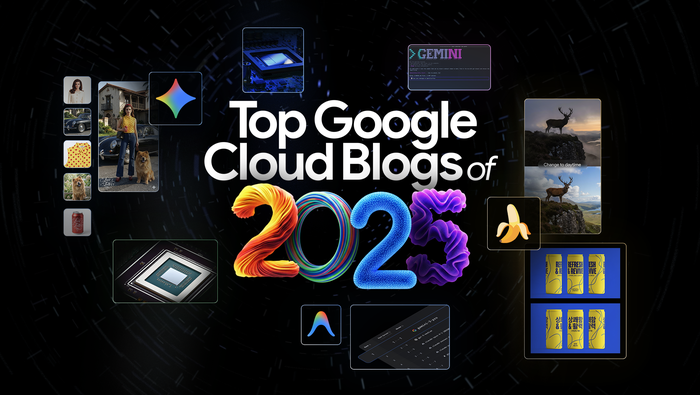Setting the stage for better conversations about allyship

Google Cloud Content & Editorial
Jenae Butler has been a Googler for just under a year, but she became well-known both inside and outside of the company in June during a national spotlight on racial injustices here in the U.S. She created a presentation to help her colleagues understand what was going on; people found it so helpful that her “Standing United” resource spread quickly within Google as well as on social media. It starts with the context of George Floyd’s death and the impact police brutality has on the Black community while offering actionable tips and advice for anyone looking to learn how to be a better ally to marginalized communities of color.
We sat down with Jenae to hear about how she navigated her own path as a Black woman in tech, and how she advises her peers to practice allyship successfully.
Tell us about your path to Google.
When I was in college, internships in the technical field felt hard to obtain. It seemed like businesses were looking for a student who already had experience or other qualifications—which I found to be odd. I was a computer info systems major at Georgia State University and was looking to get into project management. I wasn't lucky enough to get an internship at the time but I found a back door into technology by working at Microsoft’s retail stores. That was my first time getting real exposure to the tech field and ended up being the reason I got into my career field.
I transitioned from the retail side of Microsoft through a college hire program offered by the company. I worked as a consultant focused on SQL-themed projects and eventually made my way into program management for Microsoft’s retail store support team. In that time I was heavily involved in community outreach through their Black community employee resource group (ERG) which is where my love for diversity, equity, and inclusion (DEI) stemmed from.
I came to Google after 5 years of working at Microsoft to join the Cloud Systems team as a program manager in Austin. My team focuses on the continued improvement and maintenance of rep-facing tools. At that time, I was a technical program manager working directly with the engineers, tasked with maintaining their workloads by lifting blockers and collaborating with the product owners for timely solution deliveries. I now work as an enablement program manager for the same team, with a new focus on training and communication mediums.
Tell us about the creation of the Standing United deck.
A common theme in my career is being one of the very few Black people and/or women on my team. The upside to this is that I’ve gotten comfortable working in these spaces that are typically white-male dominated and can normally find ways to show impact. However, I find these spaces to typically be uncomfortable when racially charged protests begin.
Having had those firsthand experiences, I knew that George Floyd’s death would spark conversations. I know how uncomfortable it can be for Black people to engage in this topic because it's complex and is a conversation that is often met with resistance or defensiveness by non-Black people. While Google has many existing resources, I wanted to find a way to aid my team with information as well as process my own thoughts and translate my own experiences as a way to equip myself. I did not realize that my work would resonate for so many Googlers around the company.
I didn't predict that the deck would make its way into so many resource hubs, team meetings, and external networks. I’ve had the opportunity to speak to thousands of people over the summer, contribute to countless DEI working sessions and events, and even join some of these work groups and resource groups as a committee lead.
I was afraid to do something this big, but allowing my natural instincts to guide me has had amazing results. I think we all can be shocked by what bravery produces—especially in regards to racial equity. I think it's a must for those who want to be impactful and really change outdated and incorrect narratives and the systems that are structured around them. For myself, I didn't realize that my small action would cause such a widespread impact.
I believe this same sort of effort can be repeated by everyone, honestly. Any effort—of any capacity—can create a ripple effect and inspire more folks and change than expected.
Do you have advice for others, particularly Black women in tech?
Be yourself, whoever that is. You don’t have to look, act, or talk a certain way to be successful. I bring my locs, tattoos and piercings to work as a Black woman from the South every day. You may have to make sacrifices for your career, like location, but identity shouldn’t be one of them. Take time to find your community so you can have a home away from home—especially if you have to sacrifice leaving your community to pursue your career.
The Black woman's corporate experience requires so much strategy and as you try to find your place in this white-male dominated space, remember to commit to finding ways to show impact in whatever capacity you can. Your journey will be a sum of your persistence to overcome the challenges you will face, finding flexibility in your methods and staying committed to your goals.
Allyship can be defined as supporting those in marginalized groups to which one does not identify.





